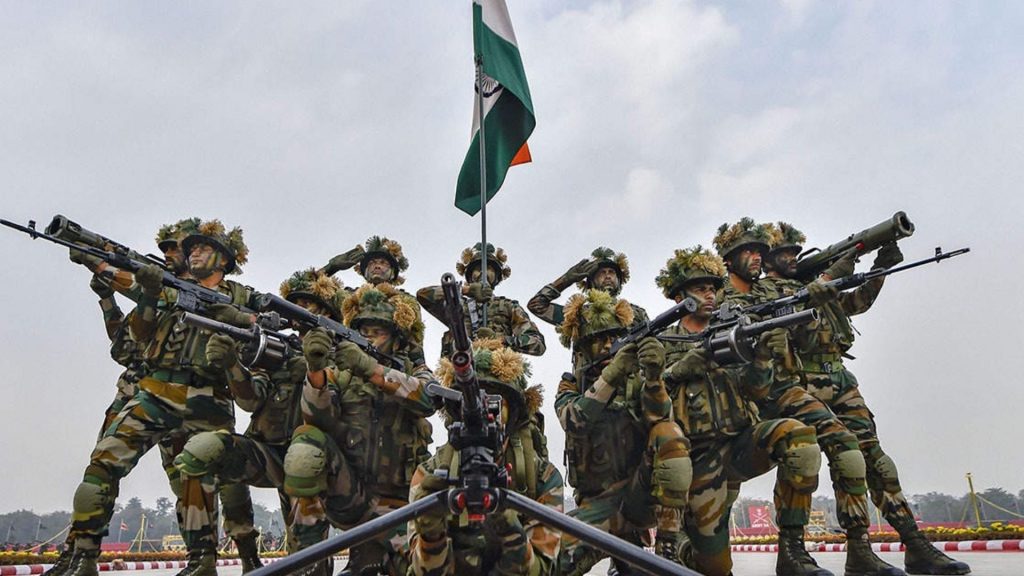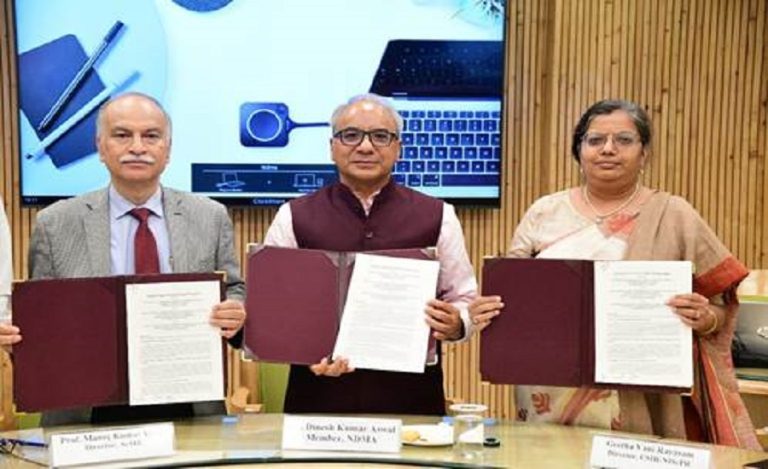New Delhi: The Central Government has notified the implementation of the Inter Service Organisation (Command, Control and Discipline) Act, bringing into force a new era of unified command across India’s armed forces. The law came into effect on May 27, 2025, with an official gazette notification issued this week.
Under the new law, a single Commander-in-Chief or Officer-in-Command appointed under the Inter Service Organisation (ISO) will now have the authority to exercise disciplinary and administrative powers over personnel from the Army, Navy, and Air Force, regardless of their original service.
Presidential Approval & Background
The Inter Service Organisation Bill was passed by Parliament during the Monsoon Session in 2023 and received Presidential assent on August 15, 2023. The law was officially implemented from May 10, 2024, with operational rules coming into effect on May 27, 2025.
What is the Inter-Services Organisation Act, 2023?
The Inter-Services Organisation Act, 2023, is a landmark legislative step aimed at unifying and streamlining the functioning of India’s three armed forces. Under this Act, Inter-Services Organisations (ISOs) such as the Andaman and Nicobar Command, the Defence Space Agency, and the National Defence Academy have been further empowered. The Act grants the Commander-in-Chief and Officers-in-Command the authority to exercise command, control, and disciplinary powers over personnel from all three services.
What the New Law Changes
1. Unified Command Authority
Now: A commander from one service (e.g., Army) can command personnel from any other service (e.g., Navy or Air Force) working under an ISO formation.
Earlier: Command authority was restricted within the same service. For example, a Navy officer could only command Navy personnel, leading to operational delays and inefficiencies.
2. Centralised Administrative Control
Now: One officer will have full administrative powers over all personnel in the ISO unit, streamlining decision-making and personnel management.
Earlier: Soldiers had to be referred back to their parent service units for administrative action, causing time delays and logistical issues.
3. Standardised Disciplinary Action
Now: Any instance of indiscipline will be handled under a single chain of command, enabling faster and more uniform decisions.
Earlier: Disciplinary proceedings were conducted separately by each service, sometimes resulting in three different outcomes for the same incident.
Why was this Act necessary?
Earlier, the three branches of the armed forces – the Army (under the Army Act, 1950), the Navy (under the Navy Act, 1957), and the Air Force (under the Air Force Act, 1950) – operated under separate legal frameworks. As a result, if disciplinary action needed to be taken against a personnel member, they had to be sent back to their respective parent service. This process was time-consuming and resource-intensive. Often, a single case required multiple actions under different service laws, leading to unnecessary complications and delays in military operations.
The Inter-Services Organisation Act, 2023, solves this by allowing ISO Commanders to take unified disciplinary action across all three forces. This streamlines operations without changing the core rules of each service, preserving their individual identities.
First Tri-Service Command
India’s first tri-service command – the Andaman and Nicobar Command – was established in 2001, bringing together personnel from the Army, Navy, and Air Force under one structure. However, at that time, there was no legal provision allowing commanders to enforce uniform discipline across all three services. This led to delays, as personnel had to be sent back to their parent service for disciplinary action. The Inter-Services Organisation Act, 2023, is the first step toward creating a large-scale, integrated command structure with unified disciplinary authority across all three forces.
Strategic Significance
This reform is seen as a critical step toward theaterisation and jointness in defence operations, a long-standing recommendation by defence reform committees to enhance coordination among the armed forces. It will also significantly enhance the efficiency and readiness of tri-service commands, such as the Andaman and Nicobar Command and the upcoming integrated theatre commands.




























